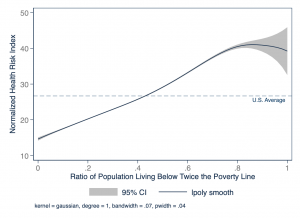November 3rd, 2019, I delivered remarks on the closing panel of The New School/UMASS Amherst Graduate workshop held in New York City. The panel theme was “Broadening the boundaries of political economy”. I have since graduated and successfully gone through the job market. I hope my remarks from last year can serve as encouragement for fellow female, black, African-American, Latinx, and ethnic minority economic students, as well as all students in the field who have ever felt discriminated against. I also hope that it can help my colleagues understand the importance of fighting against misogyny and racism in the field.
“Broadening the boundaries of political economy” Remarks by Luiza Nassif-Pires:
“A couple of weeks ago, when Mark [Setterfield] sent the e-mail announcing the theme

